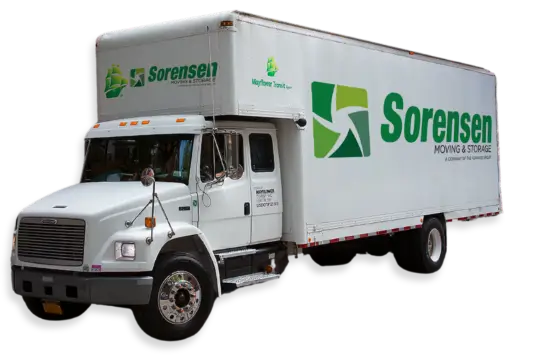A job opportunity in a new city brings excitement, but it also involves the complexity of relocating your entire life. Whether you’re pursuing career advancement, accepting a dream position, or following a company transfer, job-related moves require careful coordination between professional and personal considerations. Strategic planning ensures your relocation supports both your career goals and your family’s well-being.
Evaluate the Complete Compensation Package
Look beyond salary numbers when assessing a job offer requiring relocation. Factor in cost-of-living differences between your current city and the new location. Research housing costs, state taxes, transportation expenses, and everyday living costs to understand the actual financial impact of your move.
Negotiate relocation assistance as part of your employment package. Many companies offer moving expense reimbursement, temporary housing allowances, or house-hunting trips. Ask about spousal job placement assistance, school district information, and community orientation resources that help families adjust more quickly.
Research Your New City Thoroughly
Understanding your destination city helps you make informed decisions about housing, schools, and lifestyle considerations. Research neighborhood safety ratings, school performance data, commute times to your new office, and recreational opportunities that match your family’s interests.
If possible, visit your new city before making final moving decisions. Spend time in different neighborhoods, experience the commute during rush hour, and get a feel for the local culture. Many employers accommodate house-hunting trips as part of relocation packages, recognizing the value of informed employees.
Time Your Move Strategically
Coordinate your start date with optimal moving conditions for your family. If you have school-age children, consider timing moves during summer breaks to minimize academic disruption. For families with working spouses, plan adequate time for job searching in the new location.
Build buffer time between your move and start date to handle unexpected delays, get settled, and prepare mentally for your new role. Starting a new job while dealing with the chaos of moving creates unnecessary stress that can impact your performance during critical first impressions.
Handle Professional Network Transitions
Maintain relationships with colleagues and professional contacts from your current location while building new networks in your destination city. Join professional associations, attend industry events, and connect with local business groups before you move to start building relationships early.
Leverage social media and professional networking platforms to connect with people in your new city’s business community. Many professionals are willing to provide insights about local business culture, industry trends, and networking opportunities.
Coordinate Family Considerations
Job moves affect entire families, requiring open communication about everyone’s concerns and needs. Discuss school options with children, research extracurricular activities, and help family members understand the benefits this move brings to everyone’s future opportunities.
For working spouses, research job markets and professional opportunities in your new city. Some companies provide spousal employment assistance or have partnerships with local businesses to help families transition more smoothly.
Plan for Temporary Arrangements
Consider temporary housing options for your first weeks or months in the new city. Corporate housing, extended-stay hotels, or short-term apartment rentals provide flexibility while you search for permanent housing and get oriented to the area.
Temporary arrangements allow you to explore different neighborhoods, understand commute patterns, and make informed long-term housing decisions without pressure. Many job relocations benefit from this gradual approach to settling in.
Manage Professional Responsibilities During the Move
Communicate clearly with your new employer about your moving timeline and any adjustments needed for your start date. Most companies understand that relocations require flexibility and appreciate proactive communication about potential delays or challenges.
Plan for limited productivity during your moving week and the first few weeks in the new location. Set realistic expectations with supervisors and colleagues about your availability and output during the transition period.
Build Support Networks Early
Identify resources in your new community before you move. Research community groups, religious organizations, hobby clubs, or volunteer opportunities that help you meet people with similar interests. Building social connections accelerates your family’s adjustment and creates a sense of belonging.
Many cities have newcomer organizations specifically designed to help relocated professionals and their families integrate into the community. These groups often provide valuable local insights and social opportunities.
Prepare for Cultural Adjustments
Every region has its own business culture, social norms, and lifestyle patterns. Research local customs, communication styles, and business practices to help you integrate more quickly into your new professional environment. Understanding regional differences enables you to avoid misunderstandings and build relationships more effectively.
Your Career Adventure Begins
Job-related relocations represent significant opportunities for professional and personal growth. By approaching your move strategically and considering both career and family needs, you set the foundation for success in your new position and community. With proper planning and realistic expectations, your career move becomes the beginning of an exciting new chapter.
Ready to advance your career with a smooth relocation? Our professional moving services specialize in job-related moves that keep you focused on your new opportunity. Contact us today to discuss how we can support your career transition with expert moving services.



